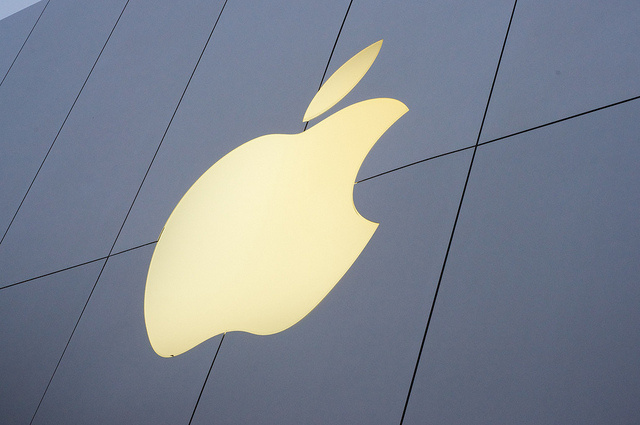
A federal judge has ruled that Apple must defend a class-action trial, to begin in January, representing thousands of Apple store workers. The employees claim they had to spend as much as 20 minutes off the clock having their bags searched to combat employee theft—known as "shrinkage"—every time they left the premises.
According to US District Judge William Alsup's ruling: (PDF)
In stores where searches were performed by the manager on duty, some employees say they had to scour the store to find a manager and wait until that manager finished with other duties, such as assisting a customer. Where searches were performed by a security guard, some employees had to wait until a security guard became available. Some employees sometimes had to wait in line. Employee estimates of the duration of the whole process, including both searches and wait times, range from five minutes to up to twenty minutes per search, with extremes occurring during busy periods such as product launches or holiday seasons. By contrast, managers estimate wait times at only a few seconds.
Thursday's decision sets the stage for a rare public glimpse into how Apple treats its retail store workers. Store workers in 2012 e-mailed Apple chief Tim Cook saying the search policy treated employees "as criminals."
Alsup's decision applies to about 12,400 workers in California, which has more employee-friendly work regulations than those of the federal government or other states. Alsup allowed the litigation to continue despite the Supreme Court ruling in 2014 that warehouse workers for Amazon.com in Nevada could be forced to spend as much as 25 minutes off the clock to undergo security screenings at the end of their shift.
Apple has maintained that the lawsuit should not be granted class-action status because not all stores conducted the searches or, in the alternative, the searches only took seconds and did not warrant compensation.
Here is Apple's employee store search policy, according to the court record:
Ask the employee to open every bag, brief case, back pack, purse, etc.
Ask the employee to remove any type of item that Apple may sell. Be sure to verify the serial number of the employee's personal technology against the personal technology log.
Visually inspect the inside of the bag and view its contents. Be sure to ask the employee to unzip zippers and compartments so you can inspect the entire contents of the bag. If there are bags within a bag, such as a cosmetics case, be sure to ask the employee to open these bags as well.
At no time should you remove any items inside the bag or touch the employee's personal belongings. If something looks questionable, ask the employee to move or remove items from the bag so that the bag check can be completed.
In the event that a questionable item is found, ask the employee to remove the item from the bag. Apple will reserve the right to hold onto the questioned item until it can be verified as employee owned. (This will make the employee more aware to log in all items at start of shift.)
If the item cannot be verified by [the manager on duty], contact Loss Prevention....
The policy requires workers to find a manager or security guard to check their bags before leaving the store. Failure to comply, according to Alsup's ruling, "may lead to disciplinary action, up to and including termination."
Trial is set for January 25 in San Francisco federal court.
reader comments
226